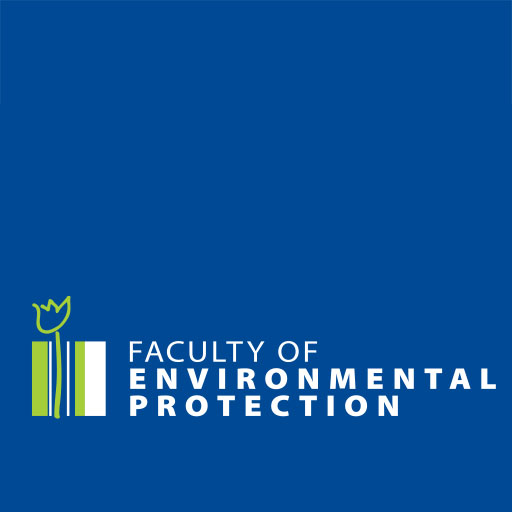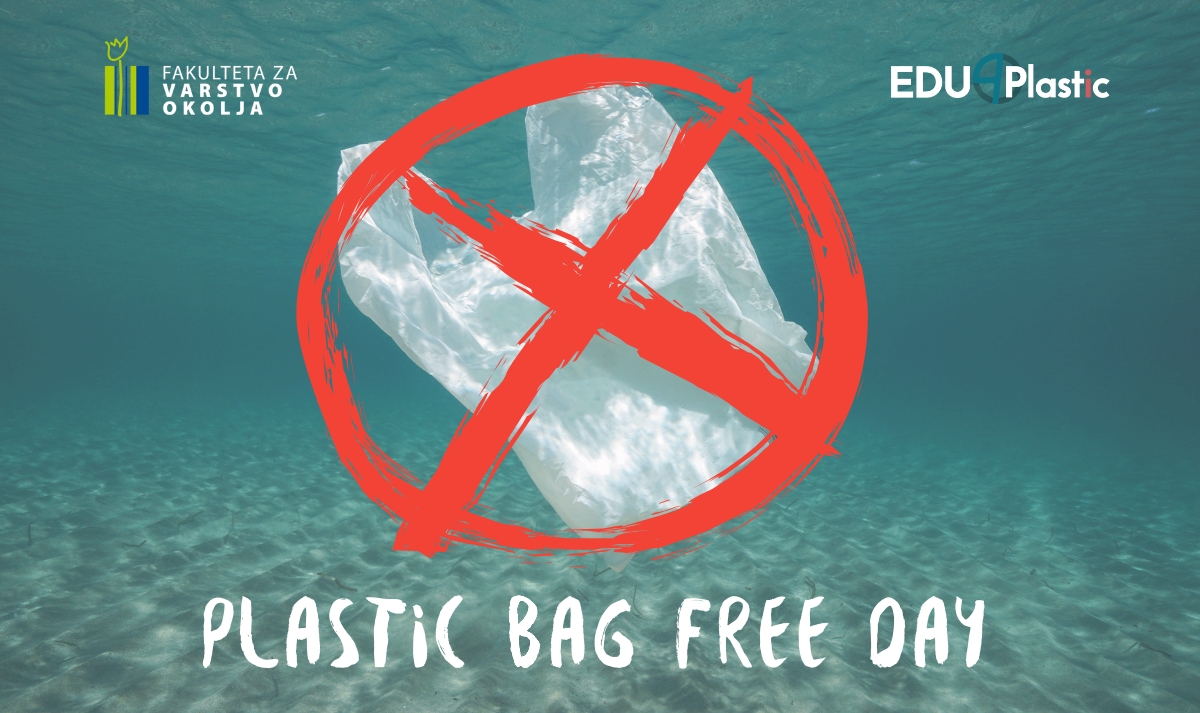International Plastic Bag Free Day is a global awareness day aimed at reducing the use of single-use plastic bags and promoting sustainable alternatives. On this occasion, we highlight the environmental impacts of plastic bags, which contribute to pollution, harm wildlife, and can take hundreds of years to decompose in nature. The day encourages individuals, businesses, and governments to adopt more environmentally friendly practices.
This day is observed annually on July 3rd as part of a broader international movement to reduce plastic consumption and raise awareness of the harmful effects of plastic pollution. Plastic bags are among the most common types of litter, often ending up in oceans and other bodies of water, where they threaten marine life and entire ecosystems.
International Plastic Bag Free Day was first marked in 2009 as part of the global Break Free from Plastic movement, which aims to reduce plastic pollution worldwide. Today, the day is supported by numerous environmental organizations, as well as a growing number of individuals, communities, and governments. It has become an important date on the global environmental awareness calendar.
Plastic Bags in Numbers
Despite the efforts of many countries to reduce plastic packaging use, more than one million plastic bags are used every minute around the world.
What about Slovenia?
The average Slovenian uses between 130 and 150 plastic bags per year, typically for less than 30 minutes. The vast majority end up in mixed waste, where they can take up to 1,000 years to decompose.
Did You Know?
-
Plastic bags are among the top ten most common types of litter found in nature.
-
Most plastic bags take between 400 and 1,000 years to break down.
-
In Slovenia, 300 to 600 million plastic bags are used annually, 89% of which are used only once.
-
Every year, hundreds of thousands of marine animals and over a million birds die because they mistake plastic bags for food or get entangled in them.
-
Plastic bags consumed by animals return to the environment, threatening more lives.
-
When plastic enters the food chain, it eventually ends up on our plates.
What Can We Do?
Each individual can help reduce plastic waste through simple everyday changes:
-
Use reusable bags.
-
Avoid plastic bags intentionally and replace them with eco-friendly alternatives.
-
Always dispose of bags in the proper bins, never in nature.
FES for an Environmentally Friendly Future
At the Faculty of Environmental Sciences (FVO), we actively address the issue of plastic and microplastic waste, both through our educational activities and international projects such as EDU4PlastiCircular, PLASTIX, and MicPlaPROB. Through these initiatives and research, we contribute to the development of solutions for a more sustainable future and help raise environmental awareness among students, professionals, and the wider public.

